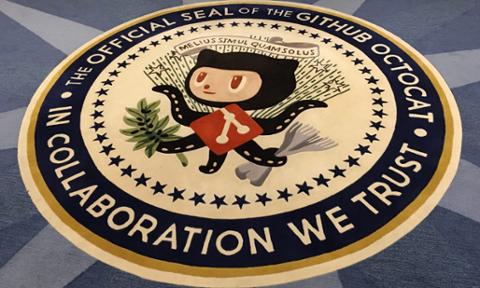Building video games is hard. Despite the incredible talent and resources available, Google recently announced that it was shutting down its in-house Stadia game development studio.
The news comes as something of a surprise, given how much Google has invested in its Stadia streaming-game platform. But as new reports in Wired and Bloomberg indicate, the in-house studio faced several challenges from the outset, including a very specific kind of culture clash that technologists everywhere should take note of.
As the Wired piece points out, Google isn’t a gaming (or even a content-producing) company; it’s very good at building websites and cloud infrastructure at scale, and its employees’ workflows are pretty regimented. Video-game creation, on the other hand, is often a messy business, with competing creative visions and lots of false starts. Google’s executives had a hard time seeing things from their own game developers’ perspective.
Or as one unnamed source is quoted as saying in the article: ““I question how much the execs above Stadia leadership understand what they got into—the commitments made and overcommitments and the inability to keep those commitments.”
Stadia’s in-house developers also complained about restrictions on the tools they could use, as well as how quickly they could hire new technologists to flesh out the game studio’s ranks. If that wasn’t enough, they faced mounting pressure to come up with cool in-house games that would supplement the Stadia titles created by outside studios.
According to Bloomberg, Stadia missed its sales and subscriber targets. Upon the platform’s launch in late 2019, users were confused by the lack of a game library, and game publications such as Kotaku called out missing features (“I can’t imagine someone actually shelling out money for this.”).
In an official blog posting, Google suggested that it would continue to invest in Stadia as a platform, even if its dreams of an in-house gaming studio are officially kaput: “Given our focus on building on the proven technology of Stadia as well as deepening our business partnerships, we’ve decided that we will not be investing further in bringing exclusive content from our internal development team… beyond any near-term planned games.”
Culture is always a tricky issue with companies. The game developers who signed on to help Google build games were possibly attracted by the firm’s high salaries, great amenities, and stability. However, it’s clear those technologists didn’t merge well with the company’s expectations and existing culture, resulting in the studio’s collapse.
If Google’s executives had realized what game development takes, in terms of resources and time and patience, they might have approached the creation of an in-house game studio somewhat differently. Transparency and communication from the outset of a project are always key. And from a technologist perspective, it’s always important to evaluate whether a company’s culture is a good fit for you, starting with the initial job-interview process.



